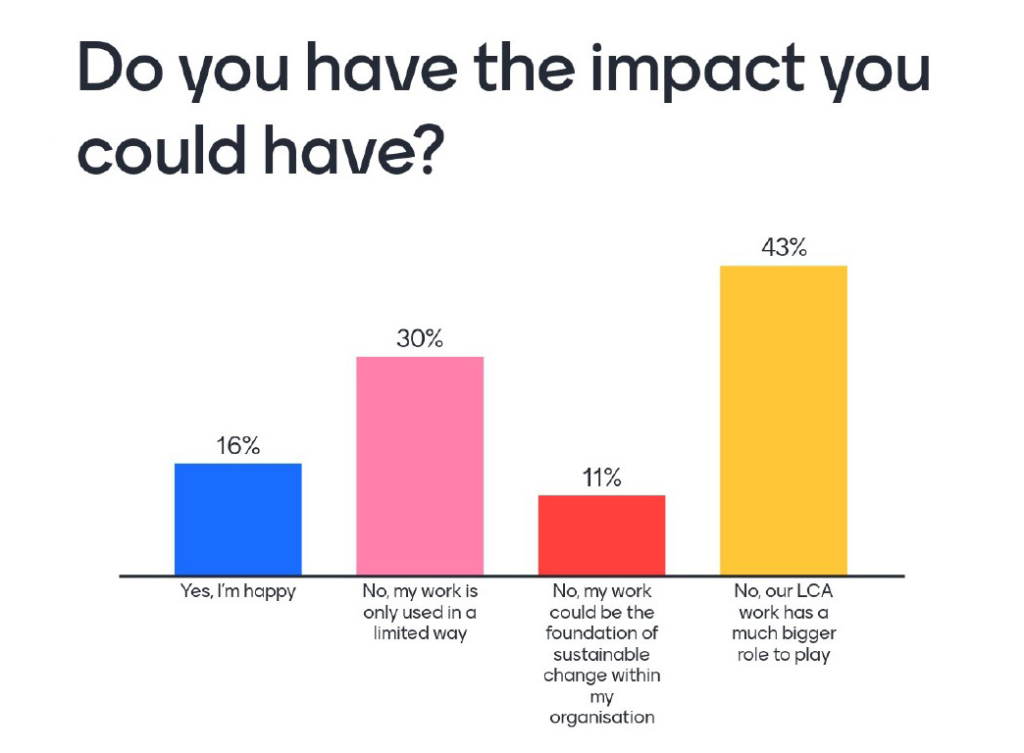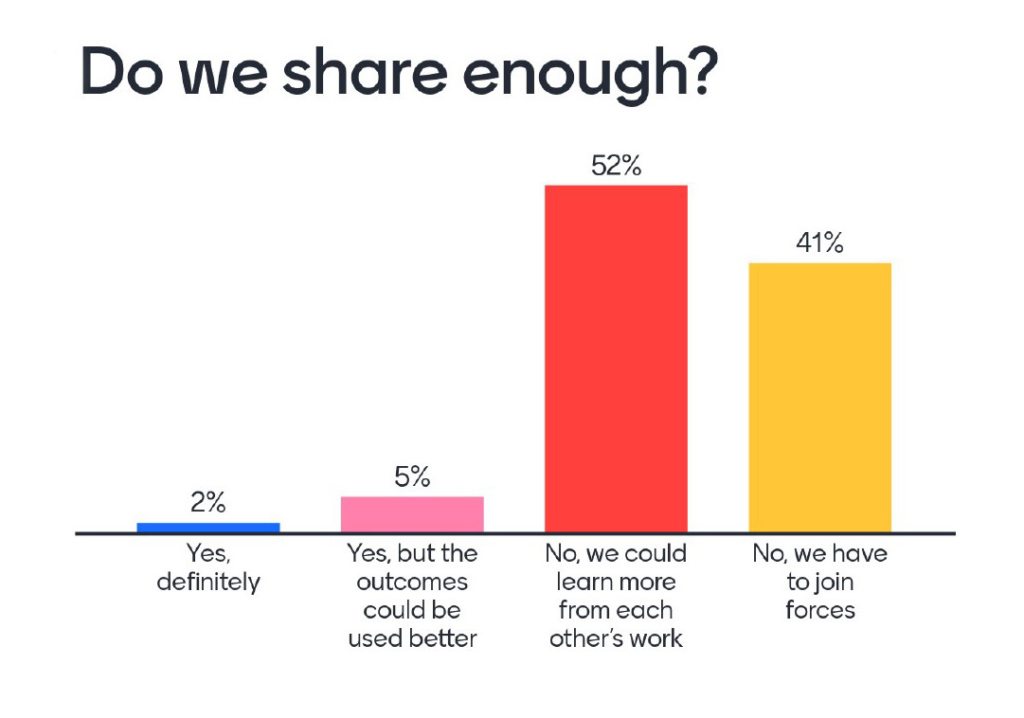LCM 2021: How do we scale up LCA?
Everyone in the sector is noticing that the demand for life cycle information is increasing at an overwhelming rate. This was felt keenly at the 10th LCM conference, held from 5-8 September with the theme “Building a Sustainable Future through Innovation and Digitization”. We need to scale up the way in which we provide this information so companies can more effectively reduce their impact. But how do we do that?
Our environmental issues are urgent
With the latest release of the IPCC report, the impact we are having on the environment feels more pressing than ever, even to the public. This urgency was brought home by keynote speaker Auma Obama from the Sauti Kuu foundation. Previously, the common perspective was that climate change would most strongly affect the global south and island nations. Now, with bushfires in Canada and Europe and floods in New York, it is increasingly evident that there are no geographic boundaries to this impact. People around the world are afraid and unsettled, which could be the main driver for change.
While climate change fittingly held center stage throughout the conference, some other environmental impacts that are of increasing concern were addressed as well. It was interesting to see how methodologies are being developed to assess these issues, including plastic pollution, biodiversity and circularity.
We need more, different life cycle information
The renewed urgency for change is having an effect on the demand for life cycle information by an expanding range of actors and stakeholders. Consumers want reliable information to make informed sustainability decisions. Marketing campaigns are leveraging the environmental benefits of their products as key selling points. Companies are using LCA results to inform their purchasing decisions. Legislation is evolving to require more and more environmental information from companies and organizations. And the list goes on!
LCA is no longer a niche craftsmanship – it’s becoming common practice. LCA practitioners have the responsibility to move with the changing audience and present LCA information in a way that they understand.

Essentials for scaling up
So how do we meet the demands of the changing market for life cycle information? The two overwhelming commonalities are digitization and collaboration.
- Digitization
While LCA has been around for decades, it needs to change from a time and cost-intensive approach to a faster, more feasible one. The keynote speech by PRé’s Managing Director Eric Mieras highlighted this in his vision for the future of LCA. The days of static reports are gone. Now, we must move in the direction of a more automated and digitized approach to make knowledge more widely available and easy to interact with. We are already seeing this in footprinting tools and dashboards, which can be seen as enablers for sustainability. This is a good start, although the necessary simplification of tooling should not come at the detriment of precision.
The keynote speech from Daniel Wehner reiterated the demand for scale. Especially when companies request LCAs of their entire product portfolios, there is an obvious need for efficiency that is not compatible with traditional LCAs. This topic was also explored in some of the parallel sessions. Digital technologies can increase the scale at which LCA is applied and help efficiently employ scarce LCA resources. Connecting a variety of systems and creating consistent and coherent databases (perhaps supported by AI) could show different user groups the benefits of a unified approach. Although a number of challenges around data availability, interoperability and connectivity remain, all the tools to solve these challenges are at hand.
- Collaboration
Throughout the LCM2021 conference, it became increasingly clear that we are all tackling the same problem with a number of different approaches. The enthusiasm of the participants highlighted how we all must work together more closely.
To best accelerate the transition toward a more digitized approach to LCA, we need to collaborate within our own sector and learn from other sectors to make the most of the technology and knowledge available at hand. This includes fostering a connection with the AI and Data Science communities, as evident from the talks by Dirk Messner from the German Environmental Agency and Tobias Manuel Prenzel. Integrating knowledge and approaches from different fields can enable us to work on scaling solutions that were not feasible before.


Let’s break down the silos
With the demand for life cycle information exploding, we need to work together. Now is not the time to be competitive. As Auma Obama mentioned in her keynote speech, protectionism may be one of the key barriers preventing us from reaching a sustainable future. So, we need to learn from each other and tackle this problem together to shape an environment suitable for future generations.
Ellie Williams
Consultant
Humanity’s impact on the planet is no longer sustainable, however, we are living in an exciting period with the opportunity to make a change. While making sustainable decisions is often complex, I hope to bring clarity and reasoning to these discussions with the power of quantitative analysis. I’m passionate about helping clients make sustainable changes most efficiently with the maximum impact.